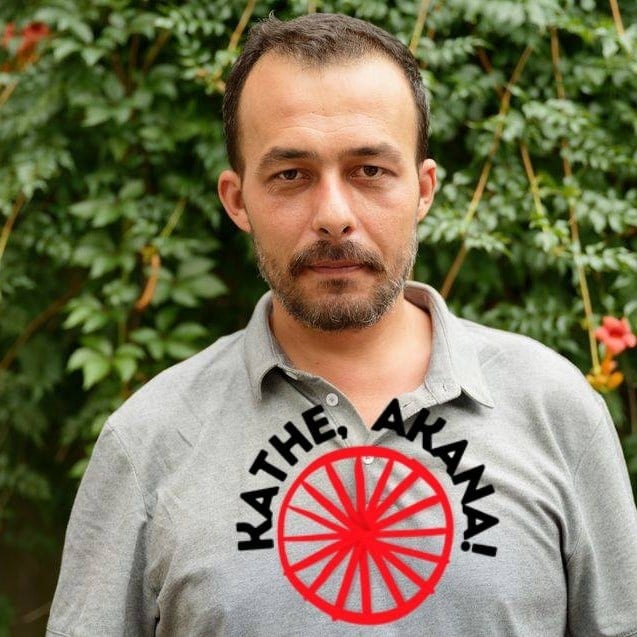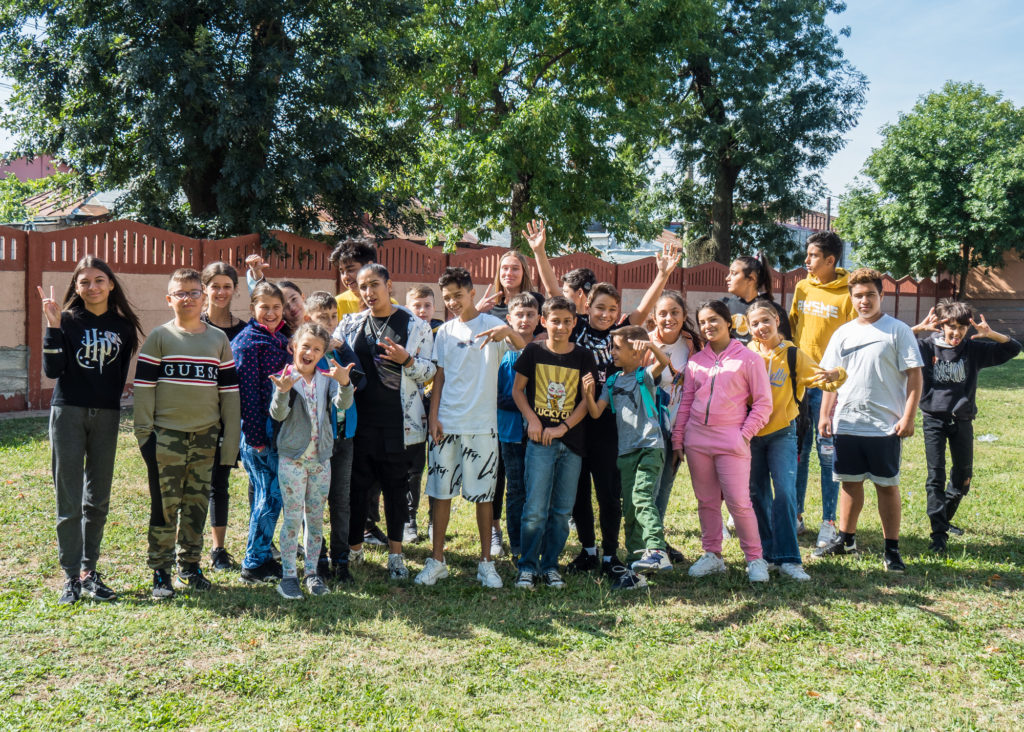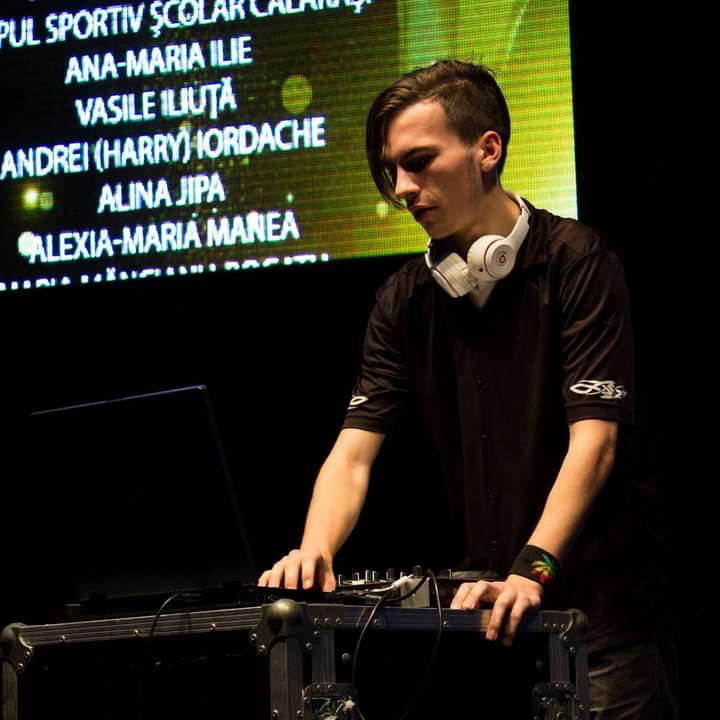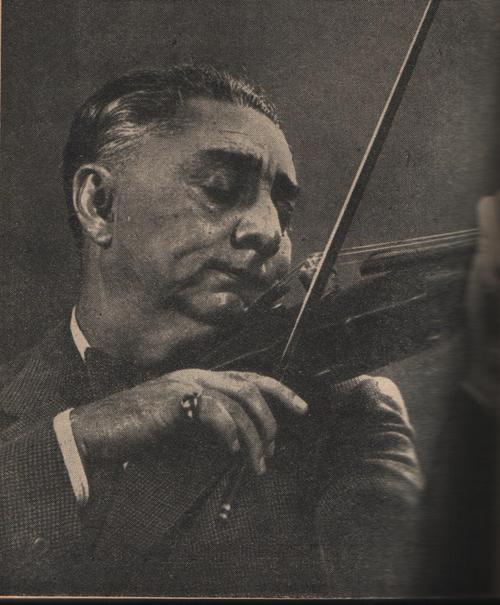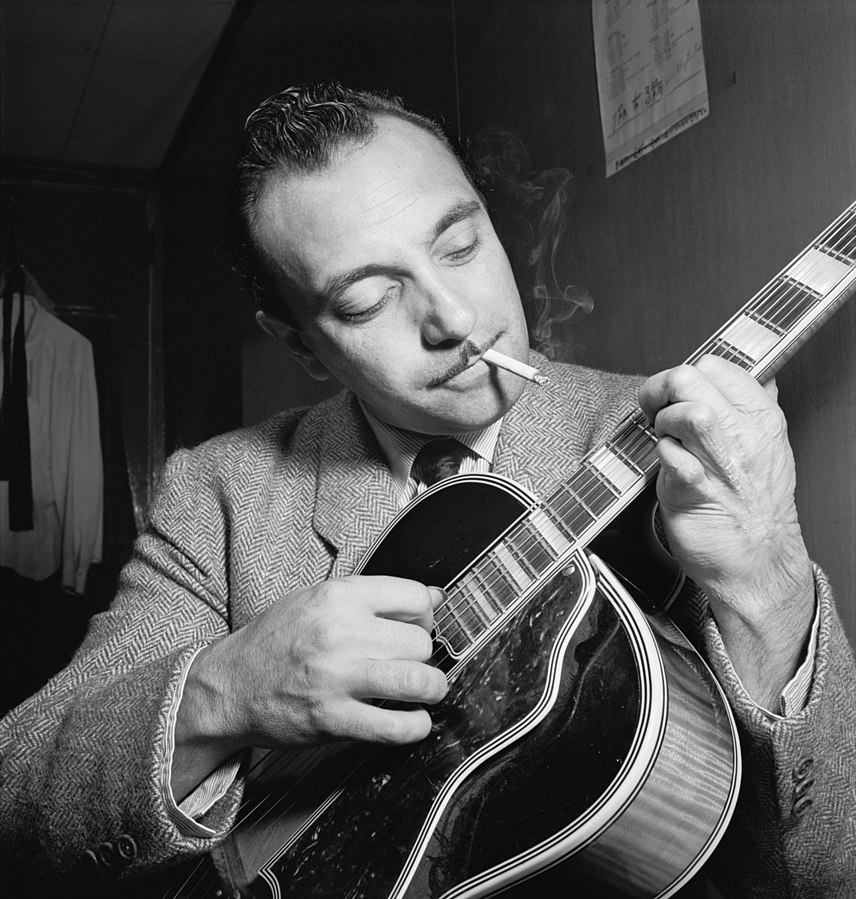Knowledge in traditional Roma culture is transmitted orally and is usually associated with the wisdom of the elders. They are the ones who remember the old customs, traditions, and legends, and they are also the ones who became wise through life gained experience.
KATHE, AKANA! (Here, now!) – Independent theater festival and cultural platform of the Romani people
“‘KATHE, AKANA!’ has a clear social message of education, awareness, and strengthening of a positive identity. This cultural diversity about and especially with the Roma serves both Roma community’s inner harmonization and the majority of the non-Roma population.” (Alex Fifea, the founder of the first international Roma theater festival in Romania). In his final high school year, Alex discovered a passion for acting through “Podul” Student Theater, headed by director Cătălin Naum. Later, however, upon graduating from the UNATC, the young actor refused all proposals coming from state theaters and chose the total freedom of an independent actor. He chose the more challenging path, as they say, because, for him, it seemed more important to be able to talk and play about the less pleasant aspects of a society. Now, more than a decade after his first steps in the theater, Alex Fifea has become one of the prominent voices on the independent scene in Romania. “KATHE, AKANA!” Roma Theater Festival is positively a confirmation of that initial creed:
For centuries, music has been the only way Roma people could carry on with their culture, traditions, language, and even myths. However, after the collapse…
His name is Mihai Gabriel Pripici, but his friends know him as “Miki.” He was born 22 years ago in Bucharest, but he’s spent some ten years in Călărași. He discovered a passion for music very early in life while humming his favorite artists’ songs around the house or at school. In parallel, Miki found interests in several other areas, from art to science and computer science.
Eastern European Roma and African Americans have had similar destinies for much of their history. Both peoples endured centuries of slavery, and both were emancipated, almost simultaneously, in the nineteenth century. Yet, even after that, both continued to suffer years of discrimination, poverty, marginalization, and insufficient housing. World War II was the event that separated their shared destiny, taking the Roma into Poraimos (about 1.5 million dead) and the African Americans to the civil rights movement and other legal victories that crushed, over time, segregation. Their stories are examples of resilience in dark times. Their stories are of deaf heroism, which deserves to be admired …
Although the fight against racism is a priority for the international community and a central focus of the UN Human Rights Office (OHCHR), there is still much to be done so that all human beings can fully enjoy their general rights and fundamental freedoms. Racism and racial discrimination, direct or indirect, de jure or de facto, manifest themselves daily, impede progress, and cause suffering for millions of people around the world.
Today, between 10 and 12 million ethnic Roma live in Europe, of whom German writer Günter Grass said they were already “true Europeans!” Unfortunately, these…
For Niko G, fiddle music has been a part of her life, marking the beginning of her career. As an young artist, Niko had the opportunity to sing fiddle and Roma music twice with Damian & Brothers. That’s how her desire to return one day to the stage was born.
Zita Moldovan is an actress and presenter of National TV’s broadcast, “Aspects of Roma life.” In 2006, after graduating from the Faculty of Theater and…
When I first discovered Django Reinhardt’s music (1910–1953), I had no idea how he related to modern Roma culture. Jean Reinhardt, known by his Romani name of Django, was a guitarist who produced some really cool music.


